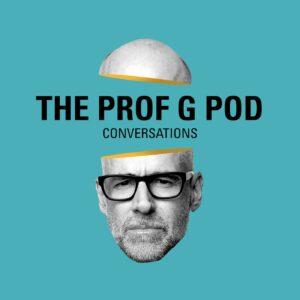
In this special edition of Startalk Radio, host Neil deGrasse Tyson explores the fascinating world of sleep and its impact on our physical and mental health. Joining him is Dr. Matthew Walker, a renowned professor of neuroscience and psychology at UC Berkeley and founder of the Center for Human Sleep Science.
Sleep is a fundamental biological process that plays a crucial role in our overall well-being. It is essential for cognitive function, memory consolidation, emotional regulation, and physical health. Our circadian rhythms, influenced by external cues called zeitgebers, help regulate our sleep and wake cycles. Chronotype, determined by genetics, determines whether we are morning types, evening types, or somewhere in between.
Deep sleep is a vital stage of sleep that provides numerous benefits. It activates the glimphatic system, which helps remove toxic proteins associated with Alzheimer’s disease. Dream sleep acts as overnight therapy, improving emotional health and soothing painful experiences. Technology like transcranial direct current stimulation can enhance the benefits of deep sleep brain waves, improving memory.
Sleep plays a crucial role in learning and memory retention. Cognitive retention is better when sleep follows learning. While manipulating brainwave activity can improve sleep quality, it does not reduce the overall need for sleep. Sleeping for less time than needed can negatively impact overall health and cognitive functions.
Dreams can be fascinating and mysterious. They can cause time dilation, making time feel stretched or dilated. However, there is no scientific evidence that dreams can predict the future. During dreams, our brain enters a psychotic state, experiencing hallucinations, delusions, disorientation, fluctuating emotions, and amnesia.
This special edition of Startalk Radio with Dr. Matthew Walker sheds light on the importance of sleep and its impact on our physical and mental well-being. Understanding the science behind sleep, the benefits of deep sleep, the connection between sleep and learning, and the mysteries of dreams can help us prioritize and optimize our sleep for a healthier and more fulfilling life.